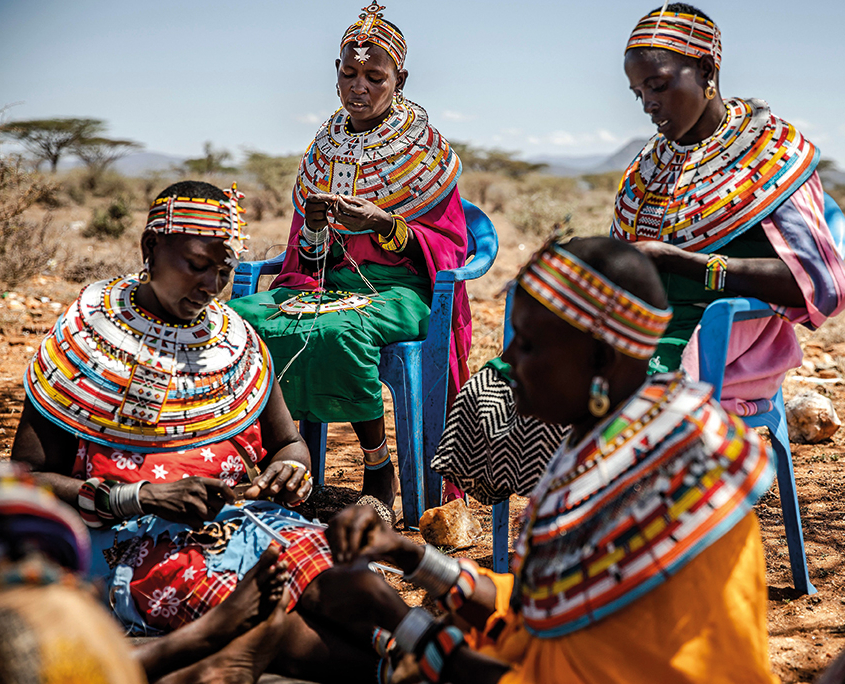International Day of Rural Women
Helping rural women recognise their own power
Rural women are often described as the backbone of their communities, feeding families, tending to the land, and holding together social structures under immense pressure. Development narratives frequently highlight their resilience, such as the ability to adapt, conserve, and lead despite limited resources and growing climate and economic challenges. Yet, a crucial question remains: how do rural women themselves come to recognise this strength within them? How can the world move beyond praising their resilience from the outside to helping them experience it as agency from within?
For many rural women, resilience has long been a necessity rather than a choice. Daily life requires problem-solving, such as finding water during droughts, stretching food to feed a family, or negotiating access to land. These actions demonstrate leadership in practice, even when not labelled as such. However, structural barriers ranging from restrictive land laws and gender norms to a lack of access to education and finance often limit women’s ability to perceive their contributions as leadership. Real empowerment begins when these barriers are dismantled, allowing women to connect their lived experience to broader systems of change.
One of the most effective ways to achieve this is through education and collective organisation. Literacy programmes, women’s savings groups, and agricultural cooperatives do more than provide skills; they build confidence and networks. When women share experiences, they begin to see patterns, identify solutions collectively, and realise that the challenges they face are not individual shortcomings but systemic issues. This shared awareness turns survival into strategy.
Visibility also matters. Documenting and celebrating women’s innovations, whether in soil conservation, small-scale irrigation, or community health, helps reframe how society values their work. Too often, women’s efforts remain invisible in statistics and policy discussions. Platforms that bring rural women’s voices to the table, like local radio, participatory research, or digital storytelling, make it possible for them to see themselves as part of a larger movement of change-makers across the continent.
Empowerment must also extend beyond rhetoric. Programmes that include women in climate adaptation projects, land restoration initiatives, or local governance should not treat them as beneficiaries but as co-designers. When women participate in planning and decision-making, they gain recognition as agents of transformation. The process of being heard and respected in decision spaces reinforces internal confidence as much as external influence.
There is also a cultural dimension to this recognition. Many African societies have a deep tradition of women’s leadership, as exemplified by their roles as healers, farmers, traders, and community mediators. Reconnecting to these traditions and documenting them for future generations can help shift perception from endurance to empowerment. Rural women are not passive recipients of aid, but rather custodians of local knowledge and sustainable practices that the world urgently needs.
As we commemorate the International Day of Rural Women, we must recognise that helping women realise their own capacity is not about imposing empowerment from the outside, but about creating conditions where they can see, name, and claim the power already within them. It begins with access to education, land, finance, and voice and grows through solidarity, recognition, and trust. When rural women recognise their strength, they not only change their own lives; they reshape the future of their communities and, in turn, the continent itself.



